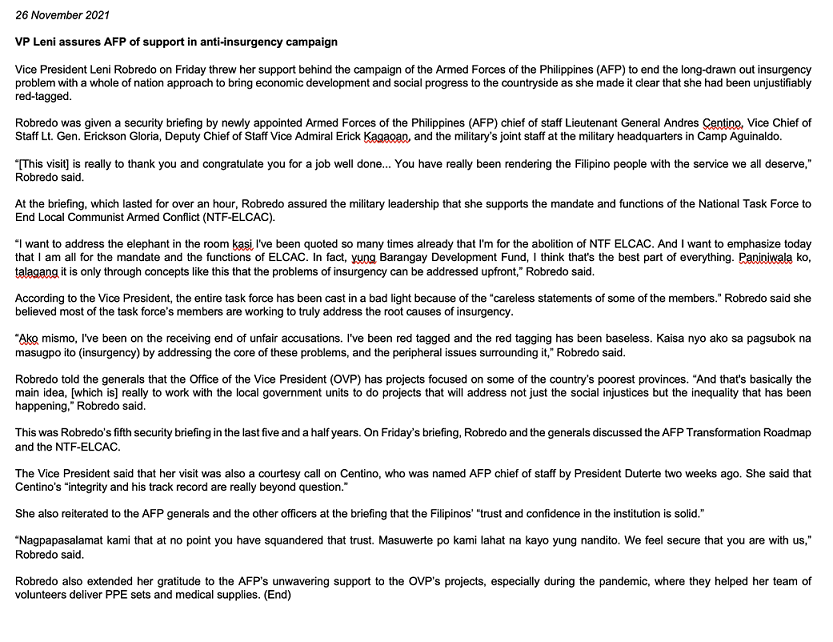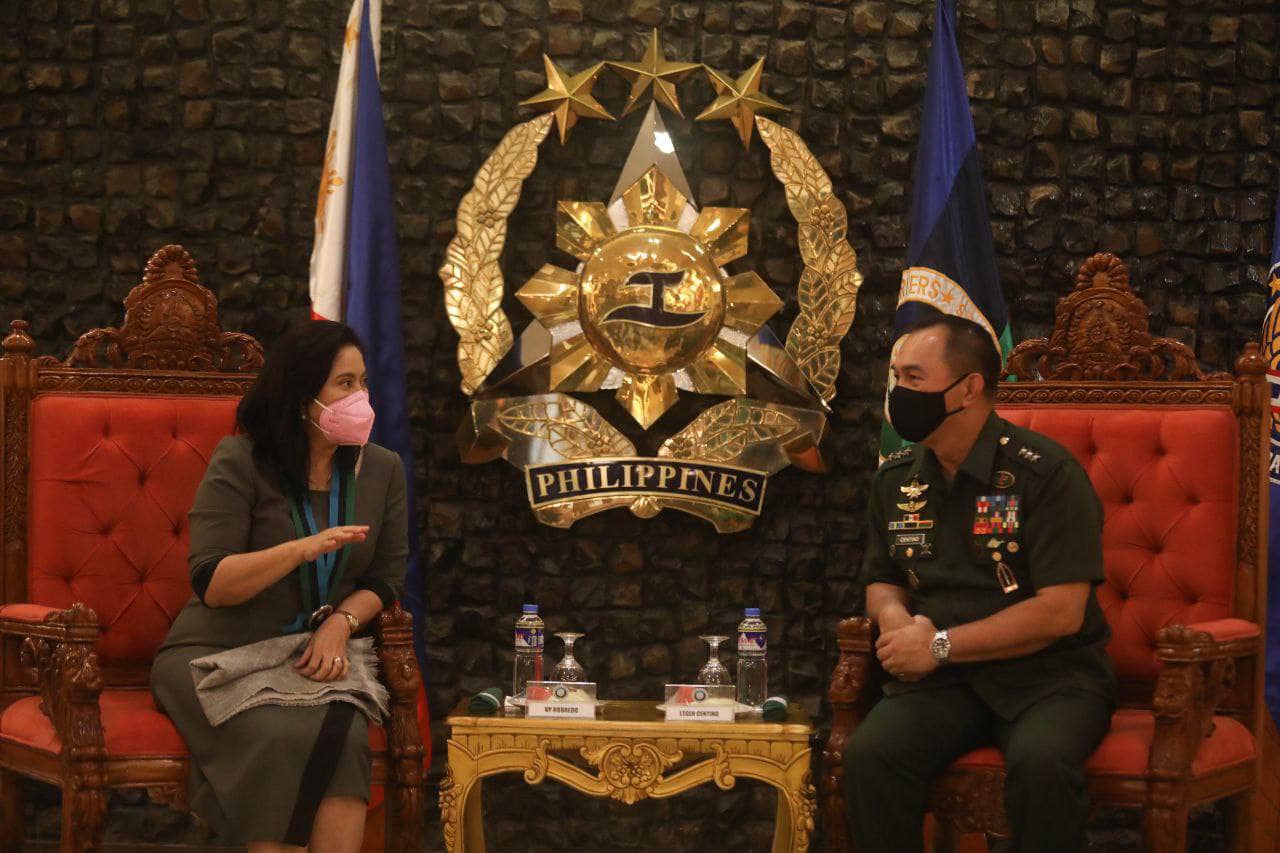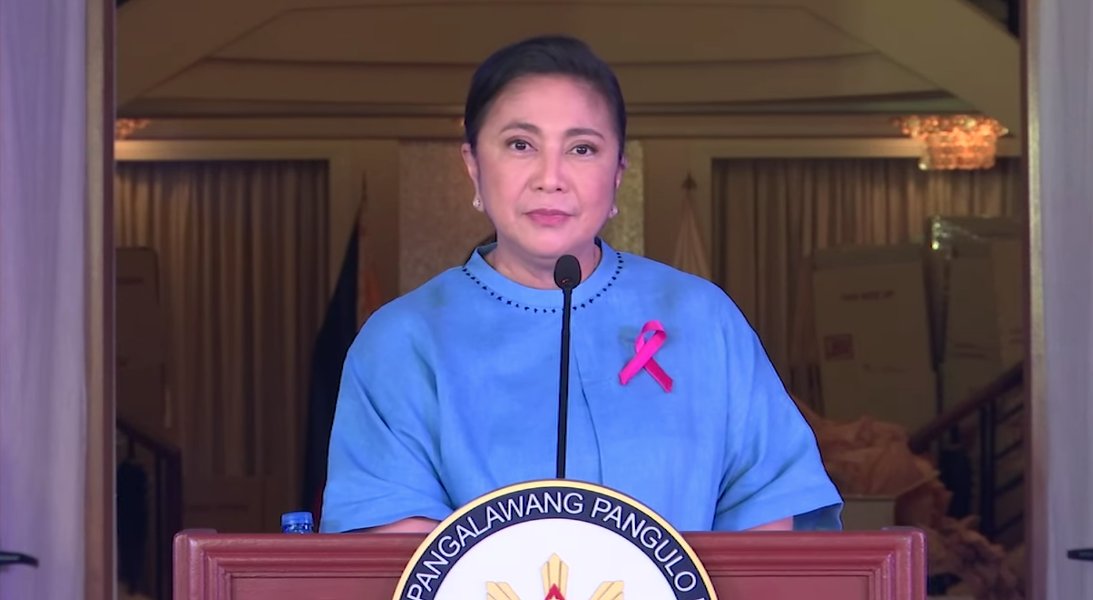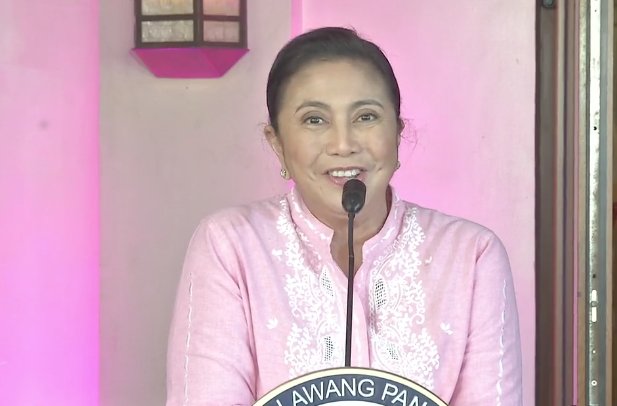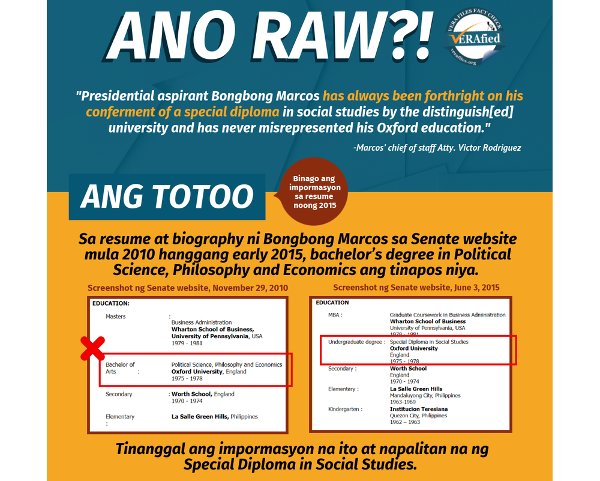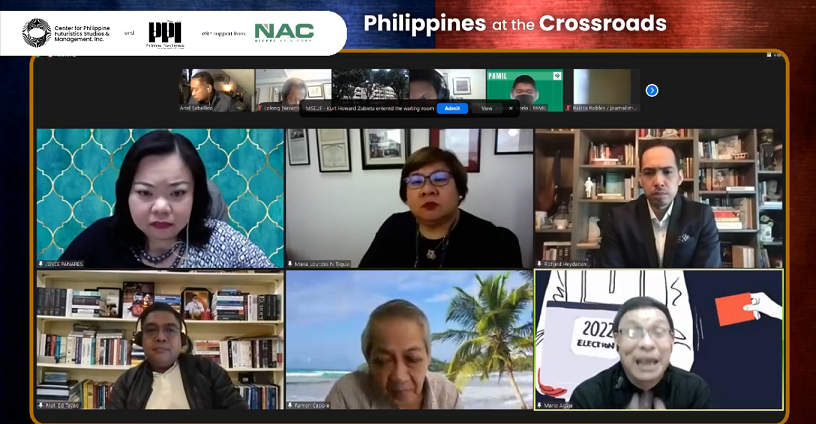Presidential aspirant and Vice President Leni Robredo drew the ire of human rights groups Saturday for her statement that she is “all for the mandate and the functions” of the National Task Force to End Local Communist Armed Conflict (NTF-ELCAC).
Human rights alliance KARAPATAN expressed its disappointment over the presidential bet’s turnaround on the issue, citing a Nov. 28 statement that Executive Order No. 70, a directive from President Rodrigo Duterte that created the NTF-ELCAC, has “obstructed the exercise of constitutionally protected rights such as the freedom of expression, of association and the right to organize” of civilians.
“The calls for the abolition of the NTF-ELCAC are not only confined to criticisms of “careless statements of some members,” KARAPATAN declared. It argued that the anti-insurgency task force operates under a “predominantly militarist approach” whose campaigns “make no distinction between combatants and civilians.”
Robredo’s statement was issued after her courtesy call on newly-appointed Armed Forces chief of staff Lieutenant General Andres Centino, and her fifth security briefing with the Armed Forces of the Philippines (AFP) as vice president.
In a press release to reporters, Robredo said that during the meeting, she made sure to “address the elephant in the room” referring to reports quoting that she was for the abolition of the task force, and instead emphasized her support for the mandate and functions of the anti-insurgency task force. (See statement below.)
In fact, Robredo lauded the P16.4 billion Barangay Development Fund, which she deemed “the best part” of the program that could address the country’s insurgency problems upfront.
KARAPATAN has encouraged the vice president to meet with the victims and families in militarized communities, as part of her campaign. This way, she can learn from their stories of horror and anguish, the alliance said.
In her statement, Robredo likewise acknowledged being the subject of red-tagging, and said that the task force “has been cast in a bad light” because of the “careless statements of some of NTF-ELCAC members. (See: VERA FILES FACT SHEET: Why ‘red-tagging’ is dangerous)
“I’ve been red tagged and the red tagging has been baseless. Kaisa niyo ako sa pagsubok na masugpo ito (insurgency) by addressing the core of these problems, and the peripheral issues surrounding it,” Robredo said.
However, for LILAK, a group advocating for indigenous women’s rights, the vice president’s stance is “disappointing” and “troubling.”
“To defund and abolish NTF-ELCAC has been a clear and consistent demand among indigenous peoples’ groups and formations. The demand is simply not because of “careless statements of its members” as VP Leni has said in her meeting with the Armed Forces of the Philippines (AFP),” said the group.
“Over the years, indigenous women and men, who have been actively involved in the assertion of their rights to land, in campaigns against the encroachment in their domains such as mining and dams, have been accused of being part of the New People’s Army (NPA),” LILAK stressed, while hoping that Robredo would shed light on the abuses and terror suffered by indigenous communities as well. (See VERA FILES FACT SHEET: The dangers of red-tagging under the Anti-Terrorism Law)
“The NTF-ELCAC said that indigenous peoples compose a majority of the NPA. This was echoed by President Duterte in his last State of the Nation Address. However, these accusations and pronouncements have justified extrajudicial killings of IPs,” the group noted.
Sudden change?
Thirteen days ago, Robredo believed that the NTF-ELCAC’s were just a replication of similar efforts already being undertaken by the government. “I think I already mentioned this in some of the previous interviews that there is really a duplication of many efforts. A duplication of the mandate and it has to be abolished,” said the vice president in a Nov. 9 meeting with the members of the Rotary Club of Makati.
Robredo then emphasized that should she win the presidential election, she will follow an approach that engages civil society organizations, the private sector, the church, and conflict-affected communities in ending insurgency.
Such a plan, according to her, would aim to bolster conflict-affected communities with basic services addressing the health, education, and infrastructure sectors of target areas.
“I have always been very vocal about my push to re-engage communities and civil society organizations in demanding not just CPP-NPA-NDF but also from the government to create a more conducive and enabling environment for peace negotiations to resume,” Robredo remarked.
“There must be a rejection of the militarist approaches to ending internal armed conflicts. Yung nangyayari kasi ngayon, parang sobrang emphasis on … on a purely militaristic approach,” she added.
